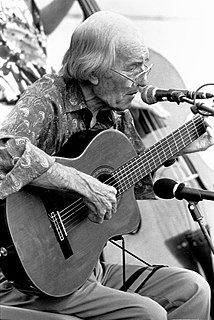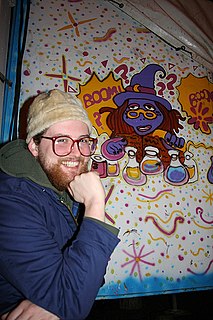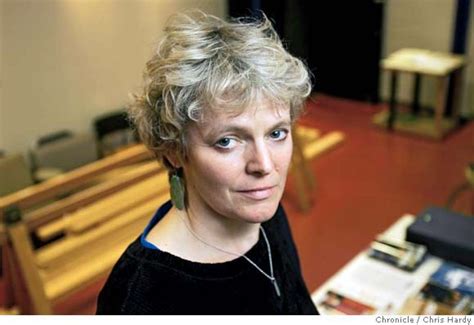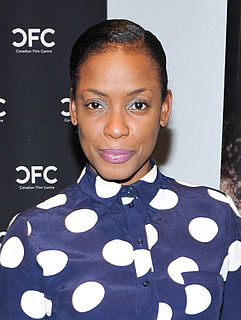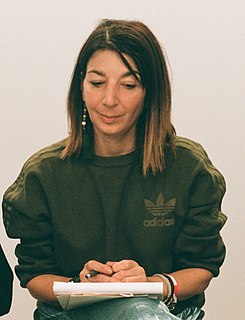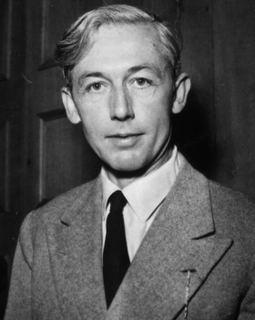A Quote by Damien Chazelle
I love the idea of using film language similarly to how musicians use music - combining images and sounds in a way that they create an emotional effect.
Related Quotes
What I've learned how to do as I've gotten older is to take all of the information that I have, and push it aside, and try to distill each song into an emotional theme. The hardest thing that I've ever had to learn how to do in playing music is use the sound of my instrument to create an emotional effect.
The guitar is a means of expressing music, When you get into the emotional side of it, then it's not the guitar that matters so much as the music itself. But the guitar is the vehicle I use. It's how I express myself. As for the emotional side, music takes up where language leaves off. To try and verbalize what music says, emotionally and spiritually, is futile. Let me put it this way, Louis Armstrong once said if you've got to ask, you'll never know.
I am myself a professional creator of images, a film-maker. And then there are the images made by the artists I collect, and I have noticed that the images I create are not so very different from theirs. Such images seem to suggest how I feel about being here, on this planet. And maybe that is why it is so exciting to live with images created by other people, images that either conflict with one's own or demonstrate similarities to them.
I think a lot of electronic musicians are drawn to starting with texture because the whole reason we're working with electronics is to try to create new sounds or sounds that cannot be created acoustically. When you're doing that, it's nice to be able to just create a different palette for every single song. I feel like a lot of electronic music sounds like...Each album sounds like a compilation more than it does a band.
I write in order to understand the images. Being what my agent . . . somewhat ruefully calls a language playwright, is problematic because in production, you have to make the language lift off the page. But a good actor can turn it into human speech. I err sometimes toward having such a compound of images that if an actor lands heavily on each one, you never pull through to a larger idea. That's a problem for the audience. But I come to playwriting from the visual world - I used to be a painter. I also really love novels and that use of language. But it's tricky to ask that of the theatre.
When I was doing mainly music, I used to stick a microphone out the window, into the countryside, and create a live mix. I wanted to put air in electronic music. I record the sounds of twigs, barks, and stones. I've always been obsessed with the idea of combining the natural and the man-made. It's not because I think the technology is crap, or that I'm trying to work against it, but that juxtaposition is truly beautiful. The question of what is natural and unnatural is very open.
Music exists when rhythmic, melodic or harmonic order is deliberately created, and consciously listened to, and it is only language-using, self-conscious creatures ... who are capable of organizing sounds in this way, either when uttering them or when perceiving them. We can hear music in the song of the nightingale, but it is music that no nightingale has heard.
A second person that's come to my life very recently, and I'm thankful for it, is Marshall Rosenberg, the founder of the Nonviolent Communication Organization. He has all these books about how we can use our language nonviolently to help create peace. He's using a lot of Buddhism too, but he's helping me to think about language.
I believe that we must use language. If it is used in a feminist perspective, with a feminist sensibility, language will find itself changed in a feminist manner. It will nonetheless be the language. You can't not use this universal instrument; you can't create an artificial language, in my opinion. But naturally, each writer must use it in his/her own way.




